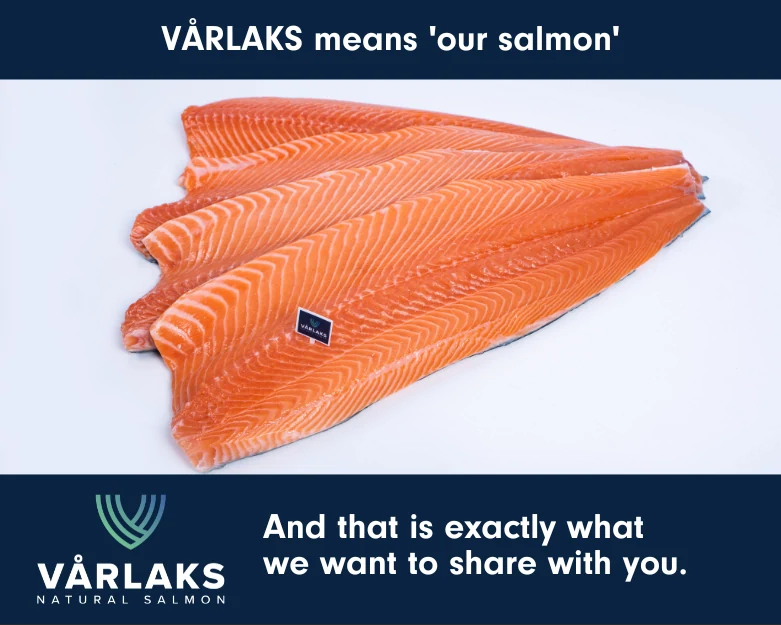Citizens in the Australian salmon-farming hotbed of Tasmania on March 3rd will go to the polls to vote for political parties which, like the resident big growers, have different views on the state of the industry’s health, newspaper The Guardian has reported.
At stake, mostly, are about 20 salmon farms and 12,000 tonnes of production in Macquerie Harbour, the traditional salmon region that sits adjacent a nature reserve. After recent mass fish deaths, many — including the industry itself — wonder out loud if it’s time to change their tune or change location.
Read Huon on-land smolt site clears hurdle
“We’re at a real crossroads in our industry right now,” Huon Aquaculture chief executive, Frances Bender, was quoted as saying after she gathered the industry to a December event to discuss what to do next.
Breathing space
In doubt is whether Macquerie Harbour can continue to support salmon-farming given high mortality rates attributed to low summer oxygen levels and disease.
“If you look at the lessons that all the other international salmon farming countries have learned, they have learned them after they have collapsed. We have to do it differently. The environmental health of Macquarie Harbour has been compromised for some time and it certainly hasn’t improved,” she said.
Read Tassal loses three percent of biomass
However, rival Tassal — the two have picked each other apart for mixing fish sizes and species in the same pens — has put waste-catching systems under its pens in Macquerie Harbour and appears to have the bulk of its production there. Huon is building some on-land grow-out facilities, and might be less interested in the hassle of growing in the Harbour.
Still learning
Meanwhile, the Liberal government has set out a plan to keep fish-farming to a few coastal zones with new regulation. Labour, The Guardian writes, said it would introduce a new aquaculture advisory panel and focus on better compliance measured against world best practices.
Tassal, for its part, has just joined the Global Salmon Initiative hoping to learn more about exactly those best practices.
Petuna chief exec, David Wood, said the the harbour remains an important farming site but that production levels needed to be scaled back.









